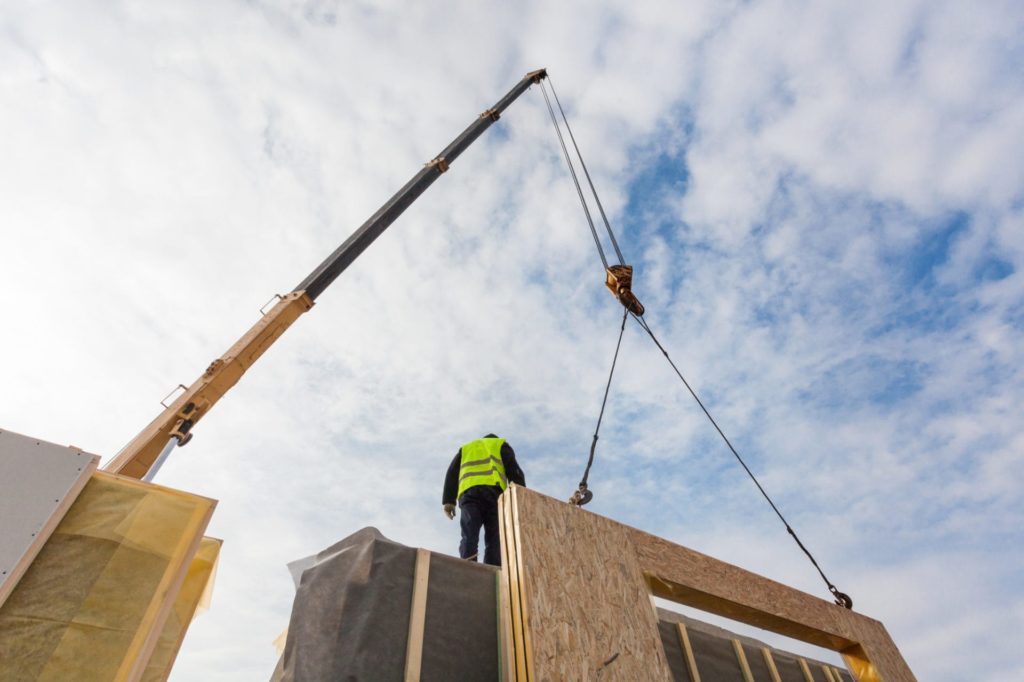

In this series of articles, we look at basic principles of the English planning system and consider questions that we are frequently asked by developers. This article looks at implementing planning permissions.
What do I need to do to implement my planning permission?
A planning permission is implemented when a material operation, authorised by the permission, is carried out (or in the case of a material change of use, when the change of use is initiated). We will consider what works can amount to "material operations" and whether any other points need to be addressed in order for the planning permission to be lawfully implemented.
Pre-commencement planning conditions
Developers should note that material operations (see below) carried out in breach of a planning condition will not be effective to implement the planning permission. It is therefore important to ensure that all pre-commencement conditions have been discharged by the local planning authority ("LPA") before any material operations are carried out.
Failing to discharge pre-commencement conditions could also result in the LPA taking enforcement action. If conditions are not discharged or adhered to you can be subject to planning enforcement action in the form of a Temporary Stop Notice which will prevent you from working on site, or a Breach of Condition Notice.
Material Operations
In law, material operations are defined as:
- Any work of construction in the course of the erection of a building
- Any work of demolition of a building (where demolition is authorised by the planning permission)
- The digging of a trench which is to contain the foundations, or part of the foundations, of a building
- The laying of any underground main or pipe to the foundations or part of the foundations of a building, or to any trench dug to contain foundations or part of the foundations of a building
- Any operation in the course of laying out or constructing a road or part of a road
- Any change in the use of any land which constitutes material development
To be material, an operation must be more than de minimis (i.e. more than negligible).
There is a low threshold for operations to be material in order to implement a planning permission. For example, the marking out with pegs of the line and width of a road authorised by a planning permission is capable of amounting to an "operation in the course of laying out part of a road".
Any works carried out to implement a planning permission must comply with the approved drawings listed in the planning permission. Minor deviations are unlikely to be problematic, but any significant differences from the development authorised by the planning permission may mean that the works are not comprised in the development and therefore ineffective in implementing the planning permission.
Once a material operation has occurred, the development cannot be 'uncommenced'. For example, backfilling a trench (which constitutes a material operation) does not undo the implementation of the planning permission.
The subjective intentions of those that carry out the implementation are irrelevant. This was well demonstrated in the Riordan case [Riordan Communications Ltd v South Buckinghamshire DC [1999] 12 WLUK 45], where the court held it did not matter that a developer had no intention of continuing with works at this moment in time. The fact that the developer had implemented works was sufficient.
The practical impact of this rule is that developers could theoretically 'save' a planning permission by laying foundations and returning to build out the development at a later date.
Any operations inconsistent with the planning permission and relevant conditions could lead to the LPA inspecting the land and issuing a planning contravention notice to obtain information about the possible breach. If the LPA feels it is necessary, then it can take planning enforcement action.
Finally, planning permissions must be implemented before within the time limit of the condition applied to the planning permission that requires development to be commenced within a specific period.
CIL
If Community Infrastructure Levy ("CIL") is payable in connection with a planning permission it is important to make sure that the correct forms have been submitted to the LPA before any works are carried out. In particular, an application for any relevant reliefs (e.g. social housing relief, self-build relief) should be made to the LPA and granted before work begins. You will also need to serve a commence notice.
It is important to understand the point at which works commence as CIL will be payable within 60 days of commencement (or in line with an LPA's instalment policy if available).
For further information on CIL, please see our article Community Infrastructure Levy: Avoiding the Pitfalls.
Please get in touch with the team below if you'd like to discuss further.















